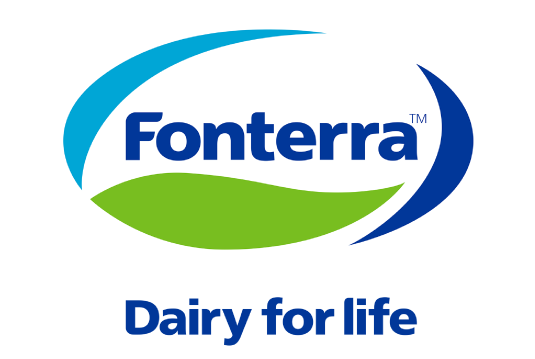Future generations top of mind for Fonterra farmers in third farm focus series

Fonterra farmers’ sustainable dairying initiatives are back in the spotlight with the launch of the Co-op’s third Farm Focus series on YouTube.
The latest series draws attention to the use of solar energy to power a cowshed and two houses on a Matakana Island farm, the importance of riparian planting and fencing, and ensuring environmental considerations guide upgrades to farm facilities.
Supply Fonterra Programme Director Lisa Payne says the third Farm Focus series shows the dedication dairy farmers have to working in harmony with the environment and ensuring that future generations will be able to enjoy the land.
“Our farmers are passionate about protecting the health of New Zealand’s waterways and natural resources. They have fenced more than 95 per cent of farm waterways and are well advanced on effluent and herd management and managing nutrients,” she says.
“In filming this latest series it’s quite clear that farmers have their eye on the future, ensuring that on-farm decisions and investments will leave the land in good stead for the next generation of farmers and New Zealanders.”
In this series:
• One of seven farming families on Matakana Island, where a Fonterra tanker collects milk by ferry, show how they have utilised the island’s natural resources to increase energy efficiency.
• A former vet and school teacher explain their focus on fencing and riparian planting to ensure future generations will be able to enjoy the farm’s natural streams.
• A husband and wife team from coastal Southland work closely with key industry representatives to fence waterways and plant 10,000 trees, plants and vegetation to protect the coastline environment.
• A farming couple from the Waikato discuss how environmental impacts were a key consideration when investing in a new cowshed and effluent system.
The four Farm Focus videos are now available on Fonterra’s YouTube channel. The videos will also be posted on Fonterra’s Facebook page under the hashtag #farmfocus.
ABOUT THE FARMERS
Mark & Enoka Ngatai, Matakana Island, Bay of Plenty: http://youtu.be/_5y37ihPnpM
Mark, his son Enoka and their whanau are embracing solar energy as part of their sustainable farming practice at Tirohanga Farms, one of seven Fonterra farms on Matakana Island. The farm has been in the family for four generations and was converted from beef and sheep 45 years ago.
“There’s no place on earth like Matakana Island and we want to try and keep it like this so we bring modern practices onto the farm while practicing the same kind of philosophy or way of growing up that our tipuna showed us,” says Mark’s mother Ataraita.
The Ngatais have increased energy efficiency installing solar panels which power a cowshed and two houses. “Sustainability to us is working within our own parameters, we want everything in-house so that includes our power,” says Enoka.
Karl & Maggie Buhler, Te Puke, Bay of Plenty: http://youtu.be/AIQipVrfceI
Karl and Maggie Buhler, former vet and school teacher, moved from Taranaki to purchase their Te Puke farm 20 years ago and have created a stunning wetland environment by fencing and riparian planting a natural stream.
The couple is committed to keeping a tidy farm which protects the environment and have focused on managing nitrogen use, particularly as their farm has a mixture of high, hill country and flat land. “Sustainability is fundamental. We want to be doing it right and leaving a legacy for our children that ensures it is in good condition 100 years from now,” says Karl.
Chris & Lynsey Stratford, Tokanui, Southland: http://youtu.be/73X52jmbRUY
The Stratfords have managed one of the country’s southernmost dairy farms since 2009, when they were part of a partnership that converted a sheep and beef farm.
The Stratfords have focused on fencing, riparian planting, effluent management and installing a stock water system for the farm. The couple has worked closely with key industry players to fence waterways and plant 10,000 trees, plants and vegetation for the coastline environment. They have seen a huge improvement in water quality over the years.
“Being sustainable is important to me because I want to leave this piece of land in a better condition than when we found it, so my children and their children’s children can enjoy this special place,” says Lynsey.
Eric & Jean Muckle, Waharoa, Waikato: http://youtu.be/cMfM6e9d54w
Environmental impacts and efficiency were key considerations for Eric Muckle when he invested in a new cowshed and effluent system. Eric moved onto the farm in 1955 with his parents and is keeping it in the family with his son now a 50/50 sharemilker.
When his cowshed reached the end of its life he invested in an environmentally friendly shed with a new feed pad that would utilise recycled green water for washing. Eric also recently installed an effluent tank, rather than a pond, due to the farm’s high water table. He says the 2.2 million litre tank is also low maintenance.
“We’re keen farmers and we like to look after the land and we want to make sure generations after us are going to be able to enjoy it.”

